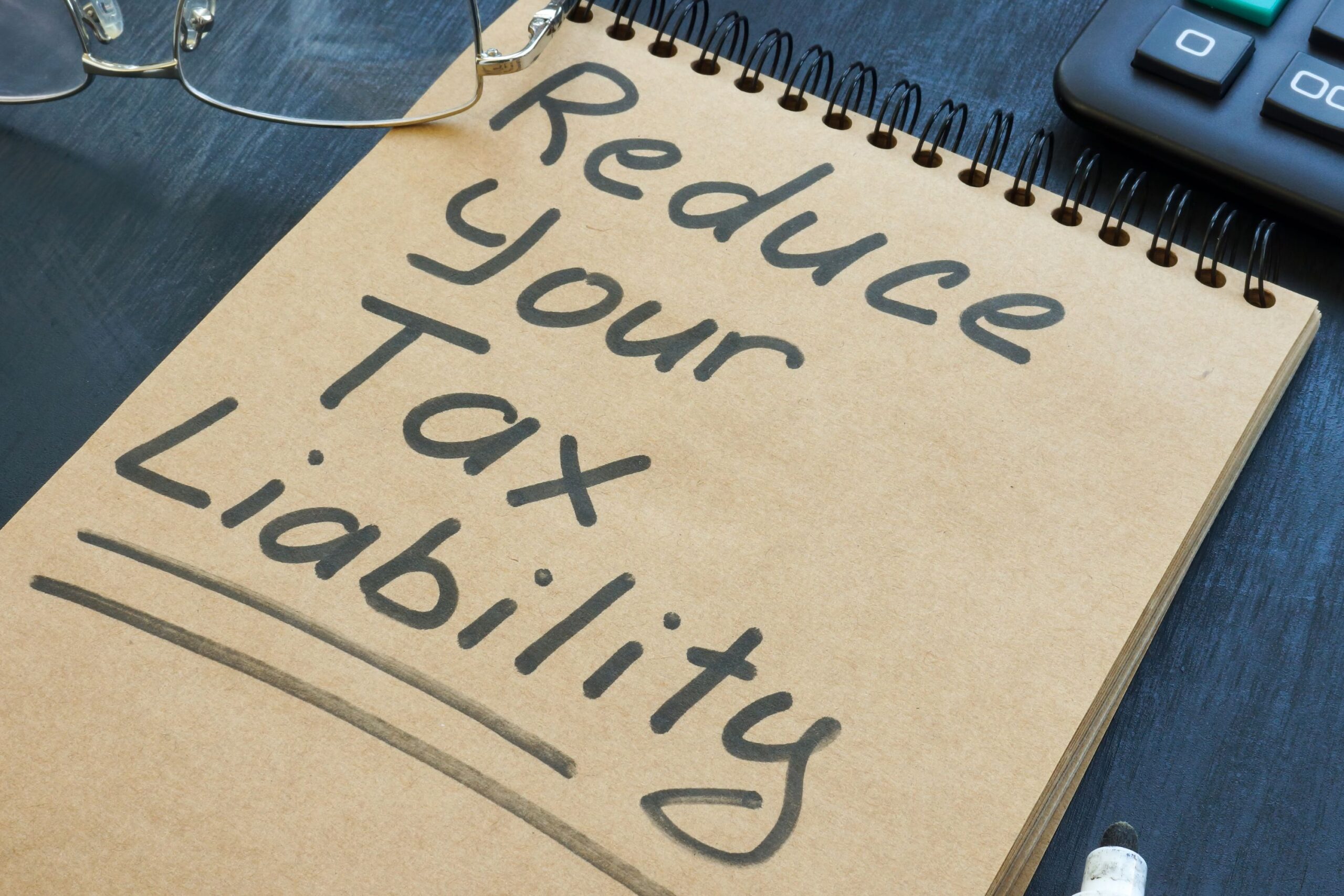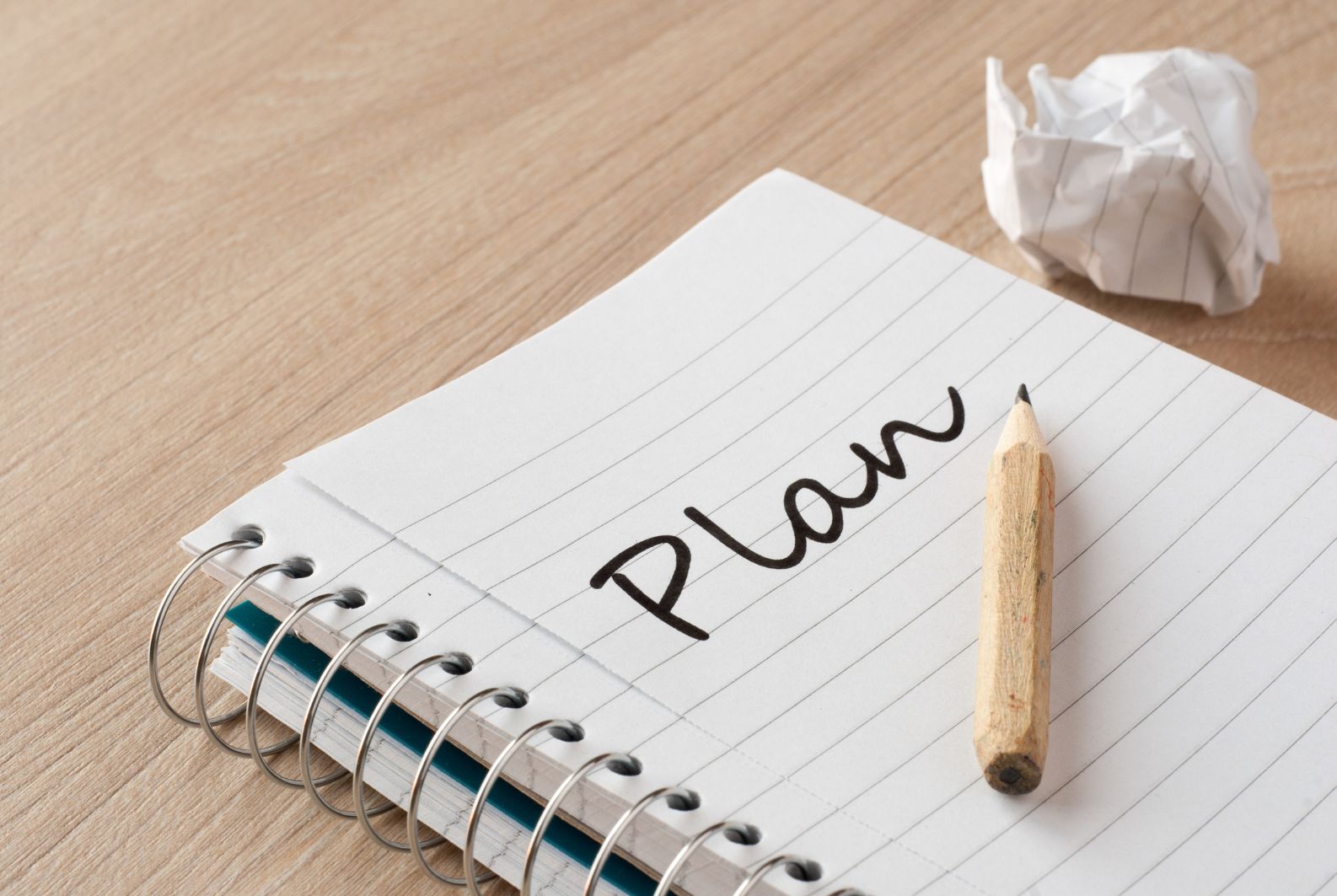At Black & White Accounting, we know that self-employed professionals, freelancers, and business owners often face significant tax bills through Self-Assessment. But the good news is that there are several ways to reduce your Self-Assessment tax bill legally and efficiently. By being proactive and making use of available tax reliefs and deductions, you can keep more of your hard-earned money. Here are our top strategies to help you reduce your Self-Assessment tax liability.
1. Claim All Allowable Expenses
One of the easiest ways to reduce your tax bill is to ensure you’re claiming all eligible expenses. If you’re self-employed, you can deduct expenses that are wholly and exclusively for business purposes, including:
- Office costs (e.g., rent, stationery, and utility bills)
- Travel expenses (e.g., mileage, train fares, and accommodation)
- Professional fees (e.g., accounting and legal costs)
- Marketing and advertising costs
- Business insurance
- Equipment and technology purchases
By keeping accurate records of your business expenses, you can significantly reduce your taxable profit and lower your tax bill.
2. Maximise Your Tax-Free Allowances
Make sure you’re using all available tax-free allowances, including:
- Personal Allowance – You don’t pay tax on the first £12,570 of your income (2024/25 tax year).
- Trading Allowance – If your self-employed income is below £1,000, you don’t need to register for Self-Assessment.
- Dividend Allowance – If you receive dividend income, the first £1,000 is tax-free.
- Savings Allowance – You can earn up to £1,000 tax-free in interest (basic rate taxpayers).
3. Use the Marriage Allowance
If you’re married or in a civil partnership and your partner earns less than the Personal Allowance, you may be able to transfer £1,260 of your unused allowance to them, reducing your tax bill by up to £252 per year.
4. Contribute to a Pension
Making contributions to a personal pension scheme can reduce your tax liability. You can contribute up to 100% of your earnings (capped at £60,000 per year) and receive tax relief at your highest rate of income tax.
5. Claim Work From Home Expenses
If you work from home, you may be able to claim a proportion of your household costs, such as:
- Electricity and gas bills
- Internet and phone bills
- Mortgage interest or rent
HMRC allows a simplified expenses rate for home working or you can calculate the exact costs related to your business.
6. Invest in an ISA
If you have savings or investments, consider using an Individual Savings Account (ISA). You can invest up to £20,000 per year in an ISA, and any interest, dividends, or capital gains earned are tax-free. Depending on your amount of cash and risk appetite, there are also EIS, SEIS
7. Plan for National Insurance Contributions (NICs)
Self-employed individuals pay Class 2 and Class 4 NICs. To manage your liability:
- Keep track of your profits to ensure you’re paying the correct amount.
- Consider voluntary NIC payments if you have gaps in your NI record to protect your State Pension.
8. Make Charitable Donations
Donating to charity via Gift Aid allows you to claim tax relief. If you’re a higher-rate taxpayer, you can claim 25% tax relief on donations when filing your Self-Assessment.
9. Defer Payments on Account
If your income has significantly reduced compared to the previous year, you may be able to reduce or defer your payments on account. This helps with cash flow and prevents overpaying tax.
10. Get Professional Tax Advice
The best way to optimise your tax position is to work with a tax expert. At Black & White Accounting, we specialise in helping self-employed professionals and business owners navigate Self-Assessment tax efficiently.
Final Thoughts
Self-Assessment tax planning doesn’t have to be stressful. By taking advantage of allowances, deductions, and expert guidance, you can legally reduce your tax bill and keep more of your earnings.
At Black & White Accounting, we’re here to help you make the most of your finances. Get in touch today and let’s find the best tax-saving strategies for you!
Need help with your Self-Assessment tax? Contact us today!



